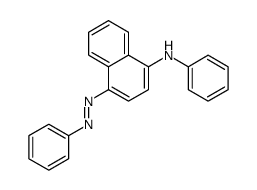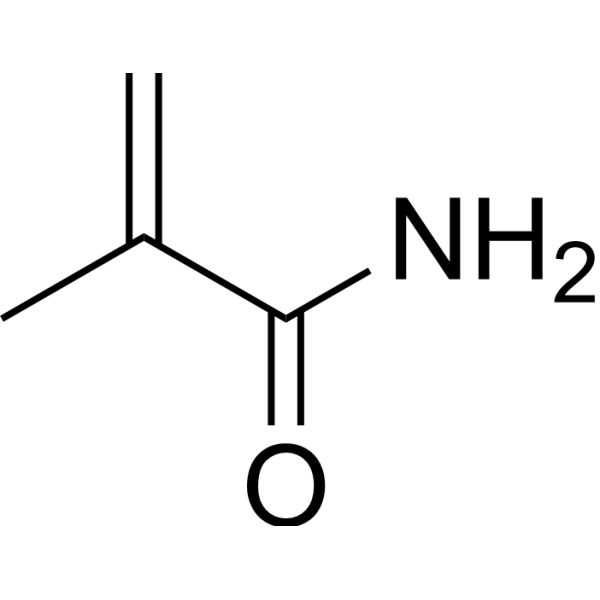90-30-2
| Name | N-Phenyl-1-naphthylamine |
|---|---|
| Synonyms |
n-phenylnaphthalen-1-amine
PANa 1-Naphthalenamine, N-phenyl- N-Phenylnaphthalenamine L66J BMR Naphthalenamine, N-phenyl- MFCD00003878 1-Naphthylphenylamine N-Phenyl-1-naphthylamine EINECS 201-983-0 |
| Density | 1.2±0.1 g/cm3 |
|---|---|
| Boiling Point | 370.7±0.0 °C at 760 mmHg |
| Melting Point | 60-62 °C(lit.) |
| Molecular Formula | C16H13N |
| Molecular Weight | 219.281 |
| Flash Point | 190.2±14.7 °C |
| Exact Mass | 219.104797 |
| PSA | 12.03000 |
| LogP | 4.20 |
| Vapour Pressure | 0.0±0.8 mmHg at 25°C |
| Index of Refraction | 1.702 |
| Storage condition | 2-8°C |
| Stability | Stable. Incompatible with strong oxidizing agents, strong acids. |
| Water Solubility | insoluble |
CHEMICAL IDENTIFICATION
HEALTH HAZARD DATAACUTE TOXICITY DATA
MUTATION DATA
|
| Hazard Codes | Xn:Harmful;N:Dangerousfortheenvironment; |
|---|---|
| Risk Phrases | R22;R36/37/38;R50/53 |
| Safety Phrases | S26-S36-S61-S37/39-S29 |
| RIDADR | 3077 |
| WGK Germany | 2 |
| RTECS | QM4500000 |
| Packaging Group | III |
| Hazard Class | 9 |
| HS Code | 3812301000 |
| Precursor 9 | |
|---|---|
| DownStream 10 | |
| HS Code | 3812301000 |
|---|

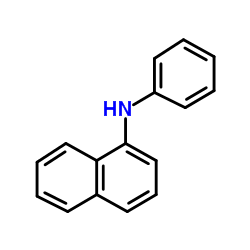
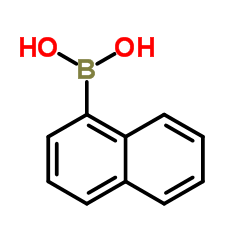
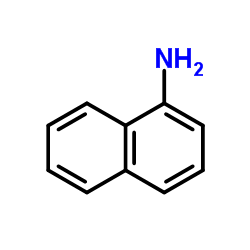
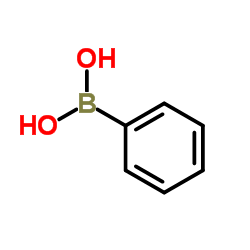
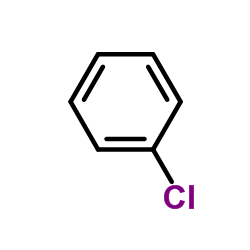
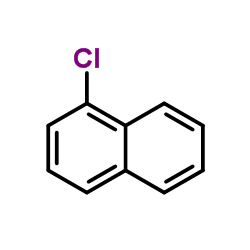
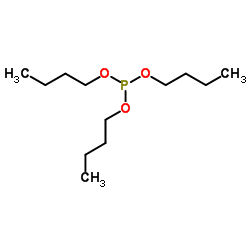
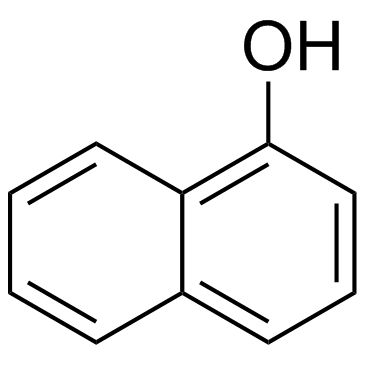


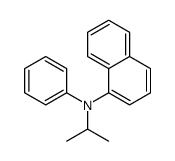
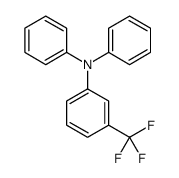
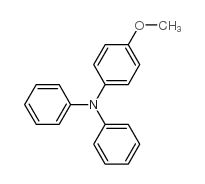

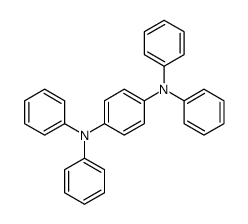
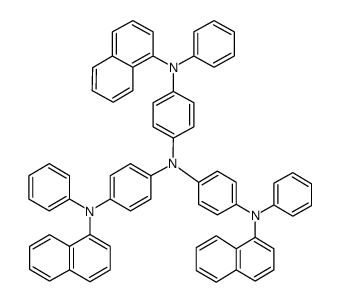
![[9-(dimethylamino)benzo[a]phenoxazin-5-ylidene]-phenylazanium,chloride structure](https://image.chemsrc.com/caspic/320/18821-62-0.png)
![12H-benzo[a]phenothiazine structure](https://image.chemsrc.com/caspic/324/225-83-2.png)
